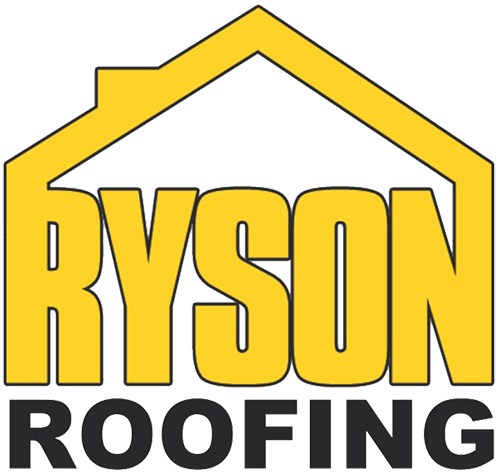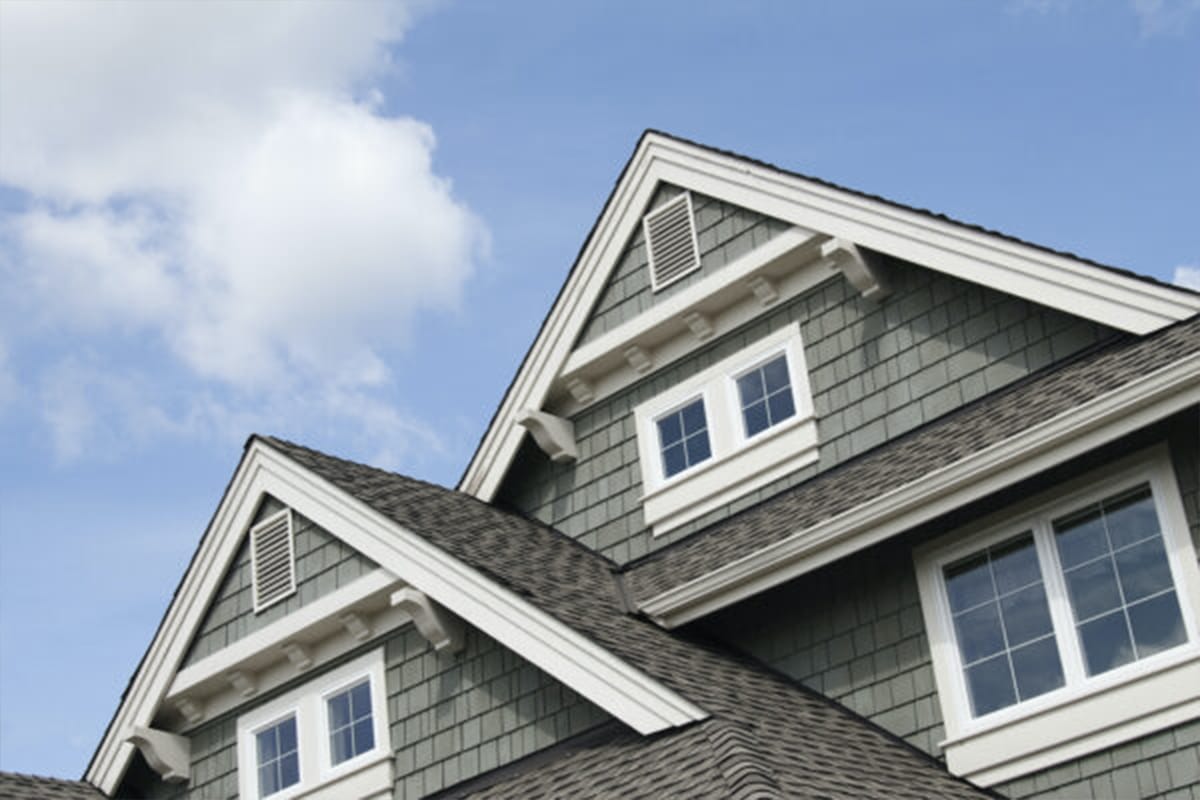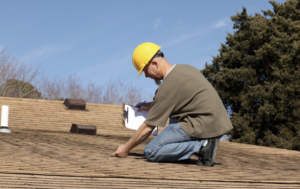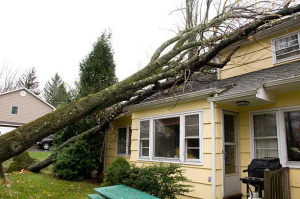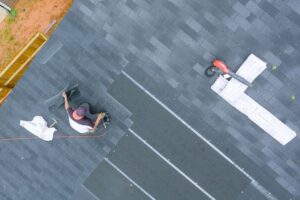As a homeowner or business owner, you know that a good roof is essential to protecting your property from the elements. But did you know that one of the biggest threats to your roof is something you can’t even see? UV radiation from the sun can damage your roof over time. As a reputable roofing company serving Hammond, Ryson Roofing understands the importance of protecting your roof from UV radiation and its harmful effects. Learn how UV radiation impacts your roof and how our roofing company can help protect your Hammond property.
How Can UV Radiation Damage Your Roof?
When the sun shines on your roof, it emits UV—or ultraviolet—radiation, which can cause a variety of issues. UV radiation has a shorter wavelength than visible light, which means they carry more energy. As these rays hit the surface of your roof each day, they can leave long-term damage.
Louisiana is known for its hot, humid summers, which can be particularly damaging to your roof. The intense heat can accelerate the damage caused by UV radiation and make your roof more vulnerable to other types of damage. Here are some of the ways that UV rays can harm your roof.
Dried Out, Cracking, or Peeling Roof Materials
The sun’s UV rays can cause the protective coating on your roof to dry out and deteriorate over time. This damage can leave your roof vulnerable to other concerns, such as cracks and leaks. UV radiation can also cause the materials of your roof, such as shingles or tiles, to crack and peel. Over time, this can weaken the integrity of your roof and make it more susceptible to damage from wind, rain, and other elements.
Faded Color
When UV radiation hits the surface of your roof, it causes a photochemical reaction that breaks down the molecular bonds in the pigments. This reaction results in a washed-out appearance. The extent of the fading can depend on various factors, including the quality of the roof materials, the amount of exposure to sunlight, and the climate in your area.
In areas with high levels of UV radiation, such as Louisiana, the effects of sun damage on your roof can be particularly noticeable. However, faded shingles not only dull the appearance of your roof but can also indicate that your roof is becoming more vulnerable to other types of damage. Have a roofing company inspect your Hammond roof to ensure it isn’t taking on further unseen damage.
Leaks and Internal Damage
If UV radiation causes your roof to become brittle and damaged, this can lead to leaks, especially after heavy rains. These leaks can cause water damage inside your home to walls, ceilings, insulation, and even your electrical system. If left unchecked, the water damage can also create an ideal environment for mold and mildew to grow, posing a health hazard to you and your family.
Additionally, water damage can compromise the structural integrity of your home, leading to costly repairs or even complete reconstruction. This is why it’s essential to address roof concerns as soon as possible to prevent further damage to your home.
Why You Need a Professional Inspection
If you suspect your roof has been damaged by UV radiation, getting a professional inspection as soon as possible is crucial. A trained roofing company can assess the damage to your Hammond roof and recommend the best course of action to prevent further damage. At Ryson Roofing, we offer free inspections to help you identify any potential issues with your roof and ensure that it’s in the best possible condition to protect your home or business.
Contact a Roofing Company Near Hammond Today
If you’re concerned about the impact of UV radiation on your roof, contact the experts at Ryson Roofing today. Our experienced professionals are here to help you protect your home or business with long-lasting, dependable roofing solutions. We offer a range of services, including roof inspections, repair, installation, and replacement, as well as storm damage restoration and insurance claims assistance. Contact us today by sending a message or calling 225-756-8603 to schedule your free inspection and protect your roof from UV radiation.
